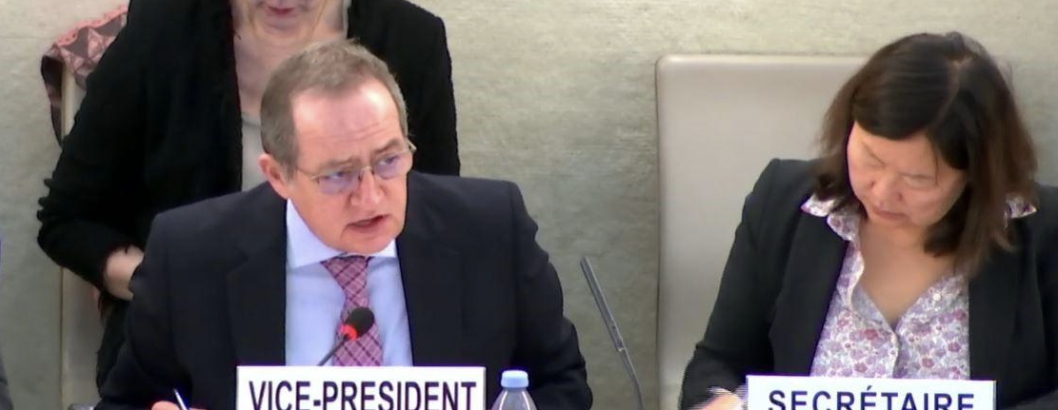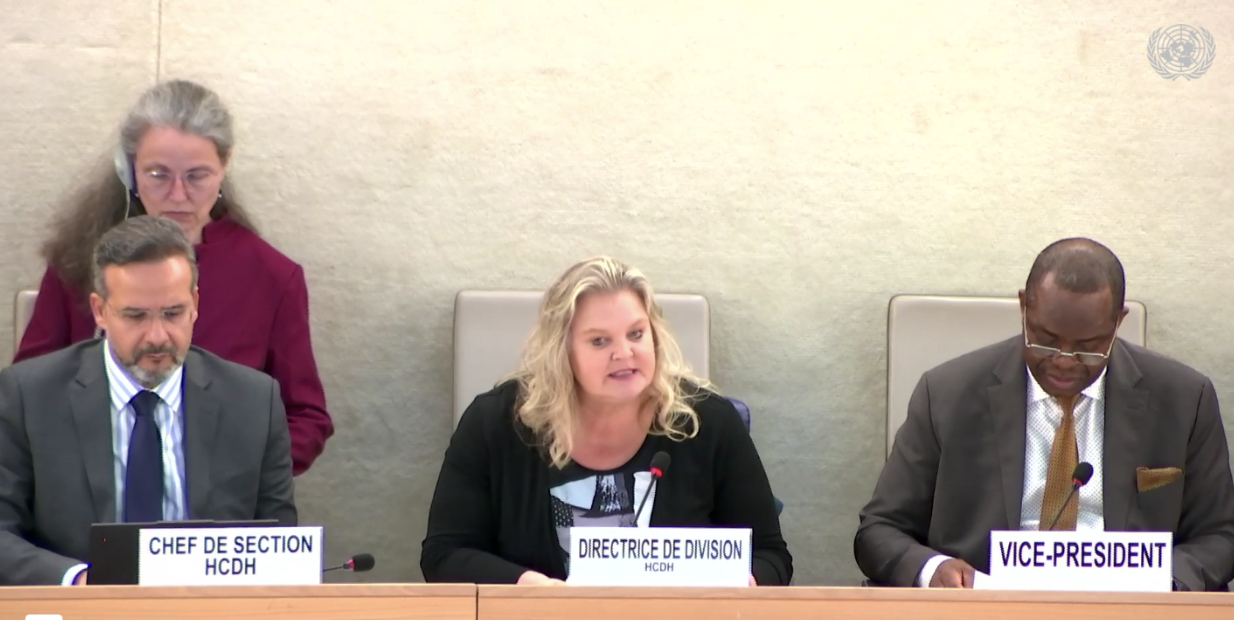Theme: “Voices for action against racism”
By Jamel Nampijja / GICJ
21st March is the International Day for the Elimination of Racial Discrimination; a day to reaffirm the world’s will to combat racism and all kinds of racial discrimination around the world. A day proclaimed by the United Nations in 1966 to honour the victims of the apartheid brutality. The 2022 theme: Voices for action against racism, comes at a time when the world needs a reminder to come together and use our voices to bring racism and discrimination to an end.
The historical origin of the International Day for the Elimination of Racial Discrimination transpired under the institutionally racist system of apartheid in South Africa that segregated whites from non-whites, especially black people: a condition that provoked the black population to protest and fight for equal rights. On the 21st of March 1960; in Sharpeville, a black township in South Africa, about 7000 black south Africans gathered for a peaceful protest march against apartheid laws that had been passed by an all-white government restricting the movement of black Africans in white areas. But the protestors were met by brutal white police who opened fire that killed 69 people including women and children while 100 were injured for the simple act of raising their voices peacefully against the apartheid regime.
Under part 1, Article 1 of the International Convention on the Elimination of All Forms of Racial Discrimination, the term racial discrimination is defined to mean any distinction, exclusion, restriction, or preference based on race, colour, descent, or national or ethnic origin which has the purpose or effect of nullifying or impairing the recognition, enjoyment or exercise, on an equal footing, of human rights and fundamental freedoms in the political, economic, social, cultural or any other field of public life.
Racial discrimination however is not an issue of the past and is still in many of our communities and continues to afflict people. Immigrants, refugees, and asylum seekers often face human rights violations and violence on their way to safety and in host countries. Some politicians and high-ranking officials are still propagating racism and intolerance. The internet is also a place where hate speech aimed towards minorities and indigenous people is still rampant.
On the 24th February 2022, Russia sent its army to invade Ukraine leading to a mass exodus of refugees, the largest refugee crisis in Europe since world war II. During the exodus, well-documented actions of discrimination and outright racism by border control and other authorities toward non-white/non-native Ukrainian refugees the majority of who were international students from Africa and Asia who were being forced to the backs of queues and stopped from boarding trains, some of them also alleging that guards beat them and tore their clothing; videos of these inhuman actions were shared on all media platforms. A reminder of the efforts still needed in addressing racial biases.
As compared to the past refugee crises in Europe and America, the world has witnessed apparent discrepancies in the treatment of refugees. Western countries were quick to draw legal policies allowing white Ukrainian refugees to legally stay in its 27 member states for up to 3 years without applying for asylum status, France offered free public transportation to these refugees while Airbnb set up an offer for free accommodation to thousands of refugees.
Yes, this is the correct thing to do, yes this is what humanity should stand for, but the world witnessed the double standards and harsh treatment and restrictions placed on refugees from Africa, the Middle East, and Asia who have faced hostile conditions, delayed asylum processing, detained, contemned among other things.
Geneva International Center for Justice is outraged by the double standards of western countries and the media in the way this refugee crisis was handled, these actions and attitudes go against everything the United Nations’ declaration of human rights stands for.
“Voices for action against racism”
The aim of the International Day for the Elimination of Racial Discrimination is to put an end to all forms of racism and discrimination, a measure that’s giving hope to a future where no one is judged or discriminated against for their skin tone. A day that reminds us to use our voices to stand up against all kinds of racial injustices that we witness in the world as well as confront implicit and explicit racial biases within our own selves.
This is the right direction to achieving Equality for all with Equity as an important element in achieving and sustaining different kinds of equality; equity recognizes that each individual or community has different circumstances and requires specific opportunities to reach an equal outcome.
At Geneva International Center for Justice (GICJ) we commit to raising our voice against all forms of racial discrimination and emphasise the importance to have constructive dialogue and education about racism at home, the workplace, and in schools because this will be incredibly beneficial in confronting our biases.
Teaching Race-related topics in school at any level of education is seen as a sensitive and difficult topic to teach or address. Addressing this topic has led to divisions among different individuals, communities, the education sector, and parents with school-going children who believe that this topic is too sensitive to be taught in school, especially to young children. With others believing it is a crucial subject to teach and address the issue of racism within our societies.
At GICJ we honour the victims who lost their lives fighting for democracy and human rights during apartheid in South Africa, this sacrifice 62 years ago has empowered not just South Africa but the whole world. A day that reminds the world that human equality is at the core of human rights. May the words of former UN secretary-general the late Kofi Annan continue to give hope to individuals, organisations, and the youths who are dedicated to the fight against racism.
“Ignorance and prejudice are the handmaidens of propaganda. Our mission, therefore, is to confront ignorance with knowledge, bigotry with tolerance, and isolation with the outstretched hand of generosity. Racism can, will, and must be defeated.”
International Day for the Elimination of Racial Discrimination, Voices for Action Against Racism, End Racism, End Discrimination, Let Your Voice Be Heard, Stand Up for Rights, Human Rights, Equal Rights For All, Equality, Equity, Peace, World Peace, GICJ, Geneva 4 Justice, Geneva International Center For Justice












